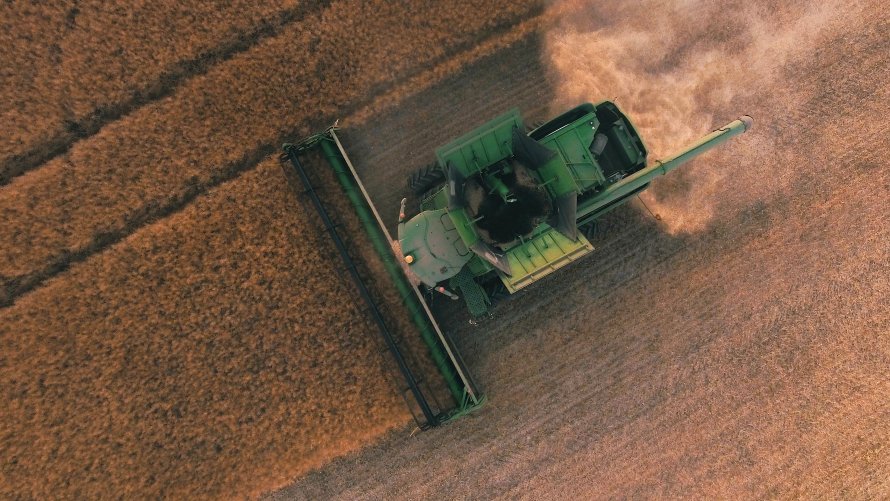
The farming industry has been encouraged to do all it can to fight against the latest cybercrime trends that appear to be more common than ever before.
The current threat of cybercrime to the farming industry has never been more topical, the South West Cyber Resilience Centre (SWCRC) has warned farmers.
It follows the world’s largest meat processor JBS recently sustaining a devastating cyber-attack which cost the business close to £8 million.
And such attacks can happen to any size farm at any time if preventative steps are not taken, the SWCRC explained.
The National Cyber Security Centre CEO Lindy Cameron also delivered a stark warning that ransomware is the number one threat in the UK.
But there are concerns that the farming community may not recognise that they are a target for cyber criminals or know how to make their businesses more cyber secure.
The SWCRC is a police-led partnership which helps business owners and leaders across all sectors to understand the purpose of cyber safeguarding.
It is raising awareness that the common misconception that cybercrime only affects large, established businesses, is playing into the hands of cyber criminals.
Superintendent Mark Moore, director of Cyber Resilience Centre for South West, said: “It’s very easy to pinpoint which businesses are at risk of cyber threats by using the most basic level of intel.
“If email, a telephone system, or a wi-fi connection is being used for example, then the answer is simply, ‘yes it can happen’," he added.
Today, the farming industry is experiencing a digitalisation boom, with a host of cutting-edge management tools, automated equipment featuring GPS tracking and innovative heat pump technologies operated through cloud-based systems.
A government report recently stated that UK sales of new farming equipment is £1.9 billion annually.
Superintendent Moore added that this presented 'plenty of great material for a hacker to work with'.
"All they need is to identify a vulnerability in the set-up or a lack of simple maintenance of such products to strike," he said.
While the ransomware attack on JBS demonstrates the extreme end of what can happen to a global operator, many victims of cybercrime are often local, small to medium-sized businesses that are often uninformed of connectivity pitfalls.
According to the Cyber Security Breaches Survey 2021, a successful violation costs more than £8,000 of damage on average to small businesses.
A ransomware attack is when a user or entire business can no longer access the system and files they need to run their business.
To get the access back, the attacker will often demand a ransom payment and if a business fails to pay up, the data will be stolen and/or deleted.
Figures from Action Fraud’s National Fraud Intelligence Bureau (NFIB) state almost 190 extortion threats were reported in the South West of England between 1 Jun 2020 and 1 Jun 2021, with losses of more than £353,000.
However, it is widely reported that a considerable number of breaches and threats go unreported due to a lack of knowledge in where and how to report the issue.
Superintendent Moore said the reality was that smaller-scale producers were 'unlikely to survive' any such attack.
"And for bigger operators with complex supply chains, the fallout and reputational damage will be an overwhelming situation to come back from.
“However, there are straightforward measures for farm owners and decision makers to get basic cyber security in place," he said.
"The SWCRC is the ideal solution for the time-poor, those who are completely new to the concept, right through to people with good knowledge that want to improve their knowledge using simple yet effective tools.”
